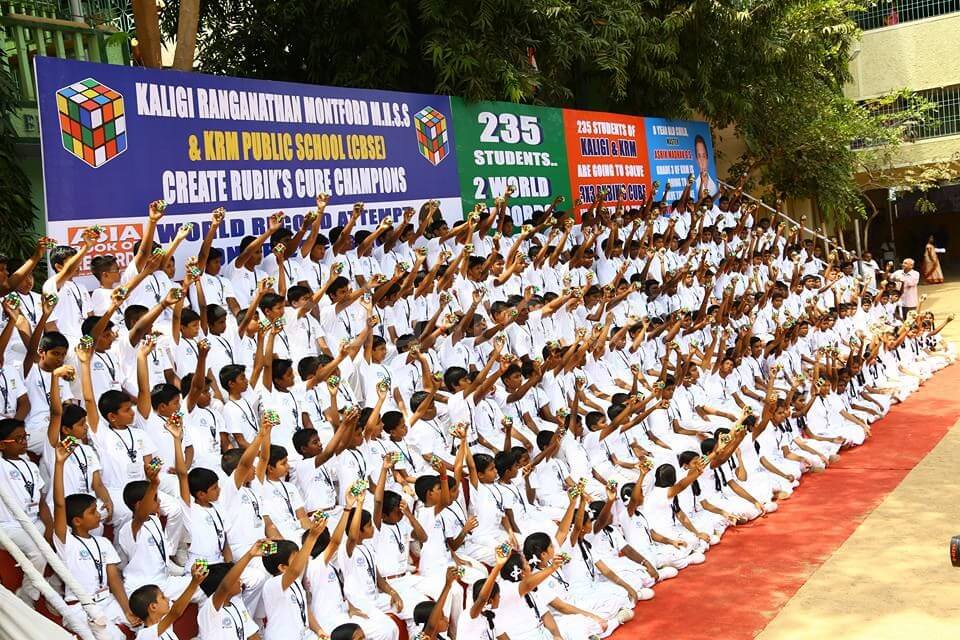Education Spotlight: Spare the Rod
Last month, I introduced the Education Spotlight with a story on Design Thinking at Riverside School. By using Feel, Imagine, Do, Share (FIDS) – their four-step design thinking process that has been modified to accommodate students – teaching and learning has been completely transformed at Riverside and partner schools that practice the methodology. Students are given trust and freedom to identify challenges and work autonomously to create solutions to them. It’s an approach that has yielded inspiring results.
I must be transparent about my experience when discovering Riverside.
At first glance, I wasn’t convinced that students pursuing their own projects could be effective. How can young students know what they should be prepared for? What if their interests are too abstract? What if they don’t know what skills are most important for them to learn? How can they remain engaged without faculty pressing them? On the other hand, how can I say that I, or adults, know? Having more experience does not enable or give you permission to predict the future. If there’s something we could all agree that we have got wrong in education, it’s that we have pushed outdated methods upon students.

Kiran Bir Sethi, founder and director of Riverside, explained to me how their system works by revisiting one of the most impactful projects over the years: an initiative to end corporal punishment. At Kaligi Ranganathan Montford Matriculation Higher Secondary School, a school in Chennai that practices the FIDS model, several students came together to tackle this challenge after a student committed suicide after receiving excessive punishment at school. The students decided to act. They formed a design team to explore alternative methods for discipline, while informing the general population of the severity of corporal punishment.
As designers do, they began by empathizing with their users and conducting field research. They visited different schools, speaking with principals, teachers and parents to understand the challenge more holistically. They even had sit-downs with psychologists to better understand what kind of trauma severe corporal punishment can cause over the long term.
After ideating and choosing great ideas to take forward, they developed prototypes for alternative methods of discipline to present at schools who still practiced corporal punishment, with students, teachers and parents amongst those in the audience. They then campaigned around the city streets and schools, informing citizens of their cause and pitching their new prototypes.
Initially, I was going to share the details of the students’ projects and how successful their results were. By doing that, though, I fear I will not have highlighted the most important message in education and youth development. What is most incredible is that the students in Chennai felt empowered enough to act in the first place. How many times have you heard of this behaviour at other schools around the world?
The student do not see themselves as agents of the future who need approval or a few more years of life to make a difference. They see themselves as empowered decision makers of the present who can design a better future.
